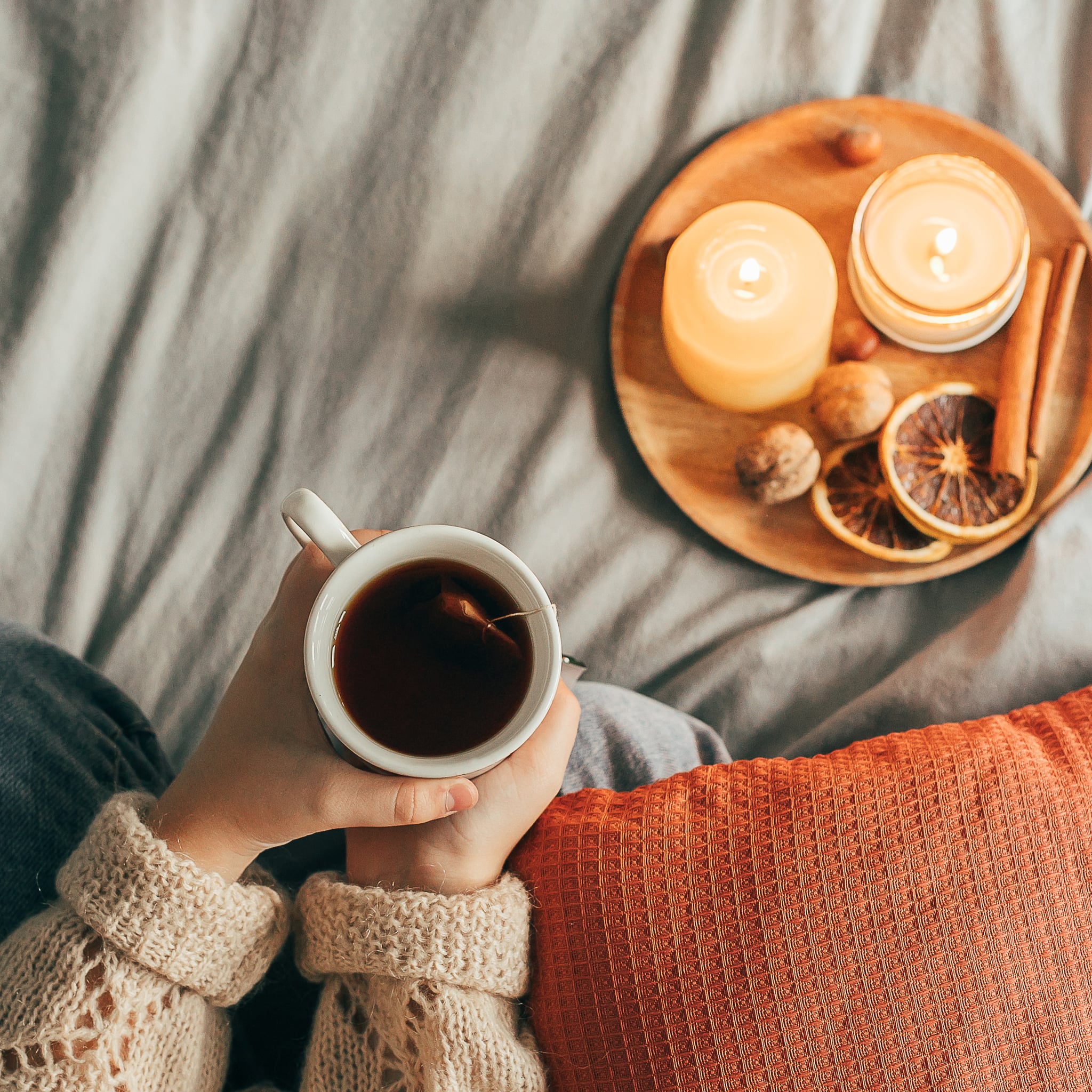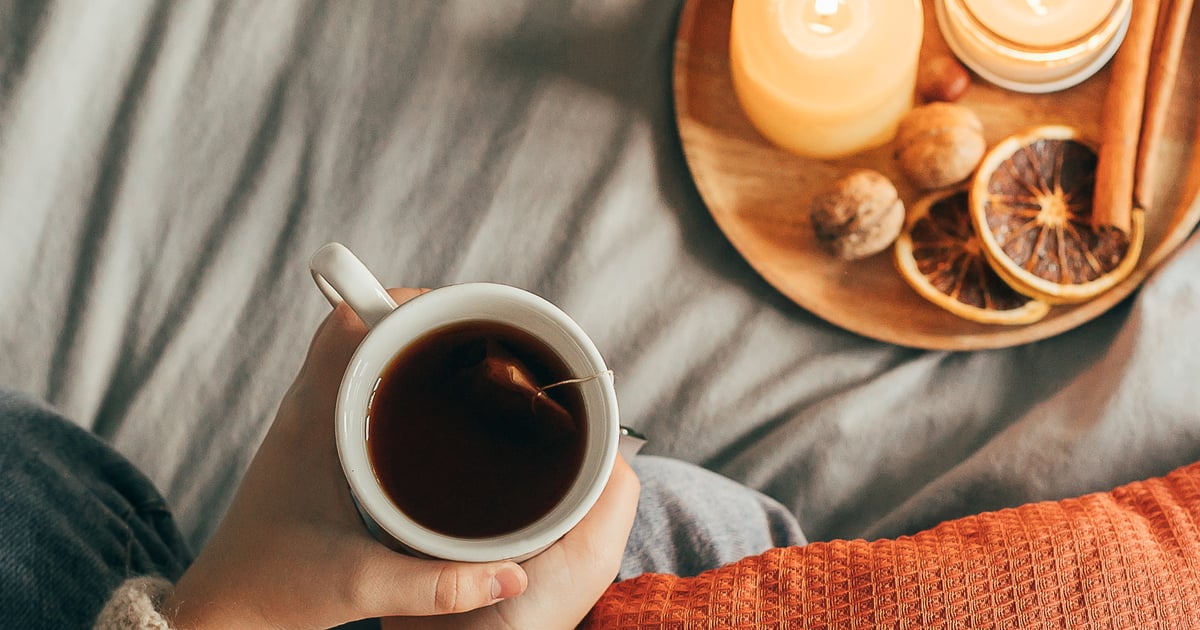Products You May Like

As a visually impaired person, micro-dunking on ableists is my passion — and this passion unexpectedly intersected with my affinity for straw hats at the end of my freshman year at Harvard University. I was looking for a job and ended up impulsively signing up to be a Harvard tour guide, complete with a Crimson-wrapped sun hat. A standard enough side hustle for a full-time college student, but notable to some, considering my vision impairment.
Tourists are often somewhat surprised when I appear, white cane in hand, as their guide to Harvard. I give them a spiel about how even with a visual impairment, I’m a fully capable guide, and I’m more than happy to show them my unique view of campus. By the end of the tour, they’re comfortable as I lead them across streets and spend more time focusing on the details I point out than on the movement of my cane. They shift out of a myopic worldview to one more nuanced.
Ableism, or discrimination against someone on the basis of disability, encompasses explicit and implicit messages that a disabled person does not belong. A tourist’s hesitation over my capabilities as a guide is ableism. At that job, as in many, many spaces, I spent an inordinate amount of my time trying to convince those around me that I deserve to be there — even if I can’t literally pahk the cah in Hahvahd yahd.
But there’s always someone I constantly have to convince of my own capabilities: myself. Because unfortunately, many times, the biggest ableist I encounter is myself.
I’m extremely privileged in ways a lot of disabled people are not — throughout my life, I’ve had access to many resources and advocacy through my family. But even with those supports, I’ve often received inadequate or delayed essential services that I needed to cope with my blindness, which I’ve experienced since birth. I first received lessons on how to use a white cane and navigate with low vision when I was 14, for instance. According to my instructor, I should have been receiving those services since I was 5 years old.
It may sound odd, but as a child, I didn’t connect my difficulties to my disability. I assumed I wasn’t independent because something was wrong with me, something that went deeper than my vision. I felt that something in my character was broken, that I was lazy, or incompetent, or a burden.
In truth, I’m none of those things. I’m a disabled person living in a largely inaccessible world — and I’ve actually been forced to become remarkably adaptive and resilient in order to function and thrive within it, traits common across much of the disabled community. But those deep-rooted insecurities, and the continued pangs of inadequacy I feel when faced with daily instances of inaccessibility, still challenge me. I’ve needed to focus on self-kindness to challenge the false beliefs about myself I grew up with.
To be clear, self-kindness doesn’t eliminate the effect of hurtful experiences and systemic barriers by any means — that’s something we as a society need to work to address. But for me, beginning to practice more compassion toward myself helped me to remember that I’m not deserving of the painful experiences I’ve had and that they don’t have to define how I view myself.
The difficult and beautiful thing about learning to be kind to yourself is that the exercise often isn’t dependent on your outside circumstances. Being in a supportive environment is hugely helpful, but with or without external support, self-kindness is still an individual practice.
For example, despite the fact that I’m completing courses at Harvard, even excelling in them, I still hear the voices of teachers I had in high school who implied teaching me was too much of a burden. I struggle with the feelings of self-doubt and shame that I learned back then, even though I’m no longer in that environment. Self-kindness is something that I’ve needed to learn how to cultivate entirely separately from any success or failure that might be happening in my life. It’s an intentional practice that requires daily work.
One thing that’s been helpful to me is making small choices with the intention of showing myself kindness. During school or work, I take breaks throughout the day because I know I deserve to feel rested. I do things to make the space around me more pleasant, like lighting candles, because I deserve to feel comfortable. These small, intentional acts help me center myself on kindness for both myself and others.
I’ve also found value in using positive affirmations, such as, “I am brave,” “I am smart,” and “I am capable.” I started this practice years ago at the advice of my therapist. At first, I felt like I was lying to myself, telling myself that I was truly capable when all I felt capable of was maybe eating a pint of ice cream and staring into space while reflecting on that one time I walked into a door in front of like eight people. But for me, reciting positive affirmations over time has broken my patterns of negative self-talk.
I work hardest at reminding myself I deserve gentleness. I struggle with holding myself to high, often unrealistic, standards. It has been helpful to remind myself that regardless of what I’m accomplishing externally, even if I’ve sat with my ice cream for hours and stared at a wall, I’m still deserving of feeling valuable and comfortable and loved.
I’m definitely not an expert on self-kindness, and I don’t think I’ll ever have to stop working on it. I also know that being kind to myself won’t make the systemic and interpersonal ableism I and other disabled people face every day disappear. If we lived in an accessible, just society, I would more than likely not have to spend so much time convincing myself that I’m worthy of opportunity and a fully capable human being. My goal is to reach a point where, even if I’m in uncomfortable and unkind situations outside of myself, my own mind and body will always be a safe and kind place to exist in.
